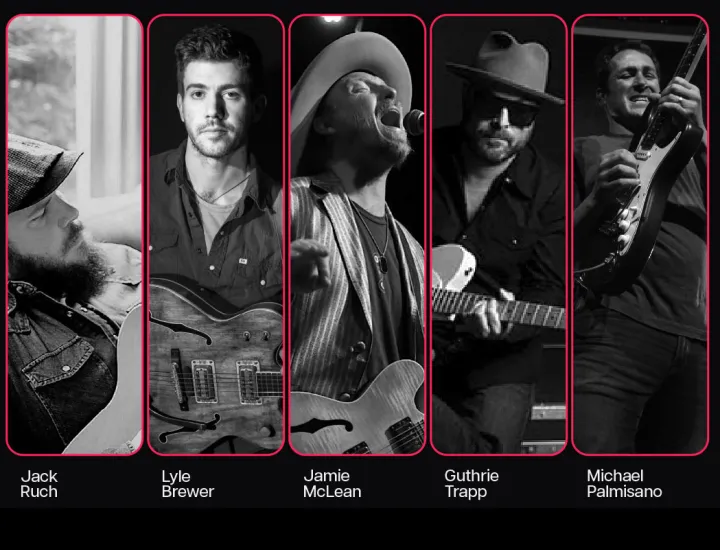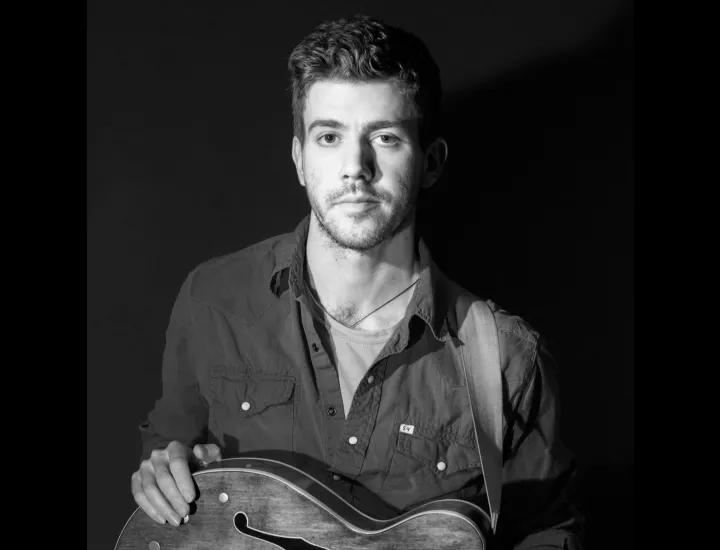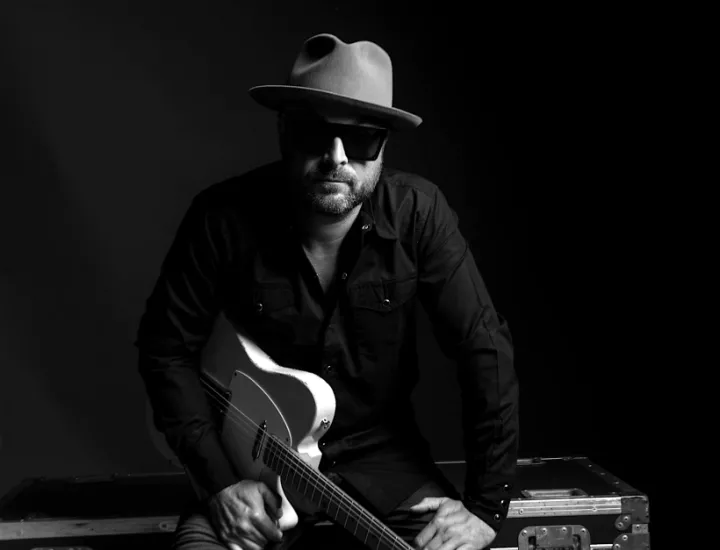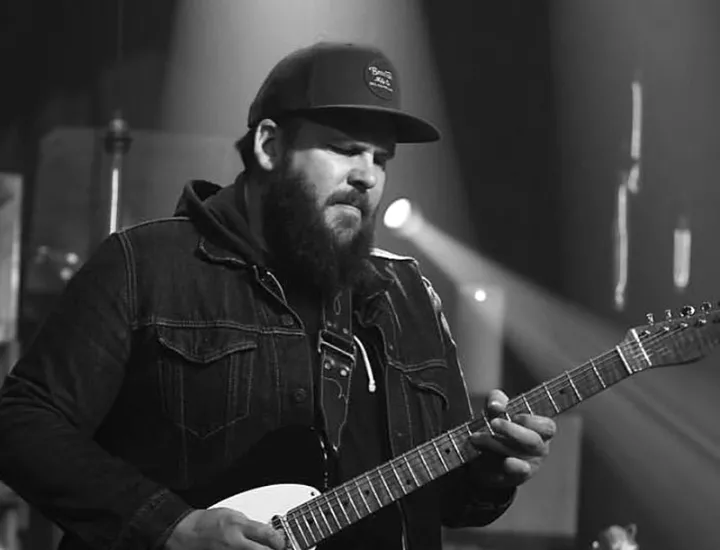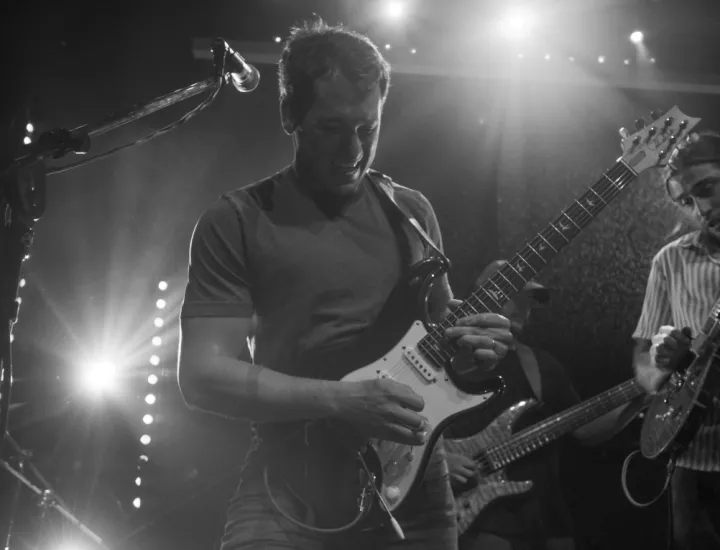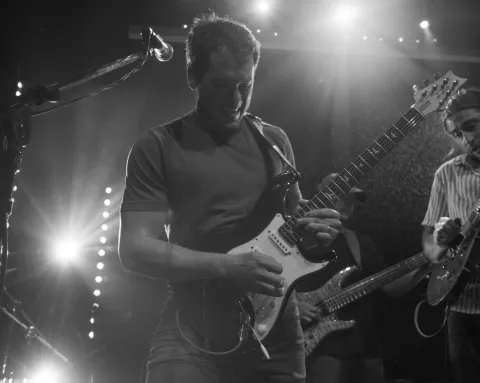Michael is the one who runs this whole thing!
Primary tabs
Zoom Lessons
As a Guitargate Premium Member, you'll receive weekly email invites to our private ZOOM lessons, recorded for anytime viewing. This is your opportunity to ask questions about course material, dive deeper into songs you've been learning, and stay engaged.
Here's what you'll get:
- Weekly ZOOM Lesson - Delivered Directly To Your Inbox
- Recorded Lesson Library - For Anytime Viewing, Q&A, and Video Submission
- Rotating Pro Instructors - Fresh Voices, Fresh Perspectives, All Pro (see below)
- Incredible Value - About ~$5 Lesson
Included In Premium Membership
Purchase Premium Membership Now
In this masterclass, Michael Palmisano dives into the intriguing world of major seventh chords and how to improvise over them to create distinct sounds. Starting with a brief refresher on stacked triads, Michael explains the two essential sounds associated with major seventh chords, highlighting the major triad (1 3 5) and the minor triad (3 5 7). Through practical examples, such as transitioning from a D major to a D major seven chord, he demonstrates how these chords are constructed and how they can be utilized to enhance musical improvisation. The masterclass serves as an interactive guide, encouraging viewers to explore the harmonic richness of major seventh chords.
Michael further explores the concept of improvisation by introducing simple melodic ways to navigate major seventh chords without relying on complex seven-note scales or modes. He suggests playing the pentatonic scale of the upper triad, using D major seven and F sharp minor as examples, to achieve a "floaty sound." This approach simplifies the improvisation process, allowing musicians to focus on melodic expression rather than scale memorization. Michael’s hands-on demonstrations, including playing over a static loop of D major seven and experimenting with D major and F sharp minor pentatonic scales, provide viewers with clear, actionable steps to practice and incorporate these concepts into their playing.
The masterclass concludes with Michael emphasizing the importance of resolving improvisations to the third of the chord, offering a fresh perspective on creating melodies that highlight the unique character of major seventh chords. By comparing major and minor pentatonic approaches and their effects on the overall sound, he encourages viewers to experiment with these techniques to develop their unique voice on the instrument. Michael's engaging teaching style and practical exercises make this masterclass an invaluable resource for guitarists looking to expand their harmonic vocabulary and improvisational skills.
Transcript Summary
- Introduction to Major Seventh Chords (00:49:34)
- Explanation of major seventh chords and their structure.
- Discussion on the two essential sounds within major seventh chords.
- Illustration of stacked triads concept with examples in D major.
- Improvisation Techniques Over Major Seventh Chords (01:01:13)
- Introduction to simple melodic improvisation techniques.
- How to incorporate the D major pentatonic scale without emphasizing the seventh degree.
- Exploration of playing the pentatonic scale of the upper triad to achieve a "floaty sound."
- Advanced Improvisation Strategies (01:05:54)
- Adding the major seventh note for a richer sound.
- Advice on accentuating the minor triad within the major seventh chord for varied expressions.
- Examples of leveraging minor licks to resolve on the third of the chord.
- Theory Behind Major Seventh Chords (01:33:12)
- Breakdown of the major and minor triads within major seventh chords.
- How to understand and apply the concept of D major seven as F# minor over D.
- Discussion on the importance of resolving to the third for emotional impact.
- Practical Application and Conclusion (01:43:12)
- Guidance on integrating major seventh chords into everyday playing.
- Encouragement to experiment with these concepts in various keys.
- Summary of the importance of the major seventh chord in music theory and improvisation.
